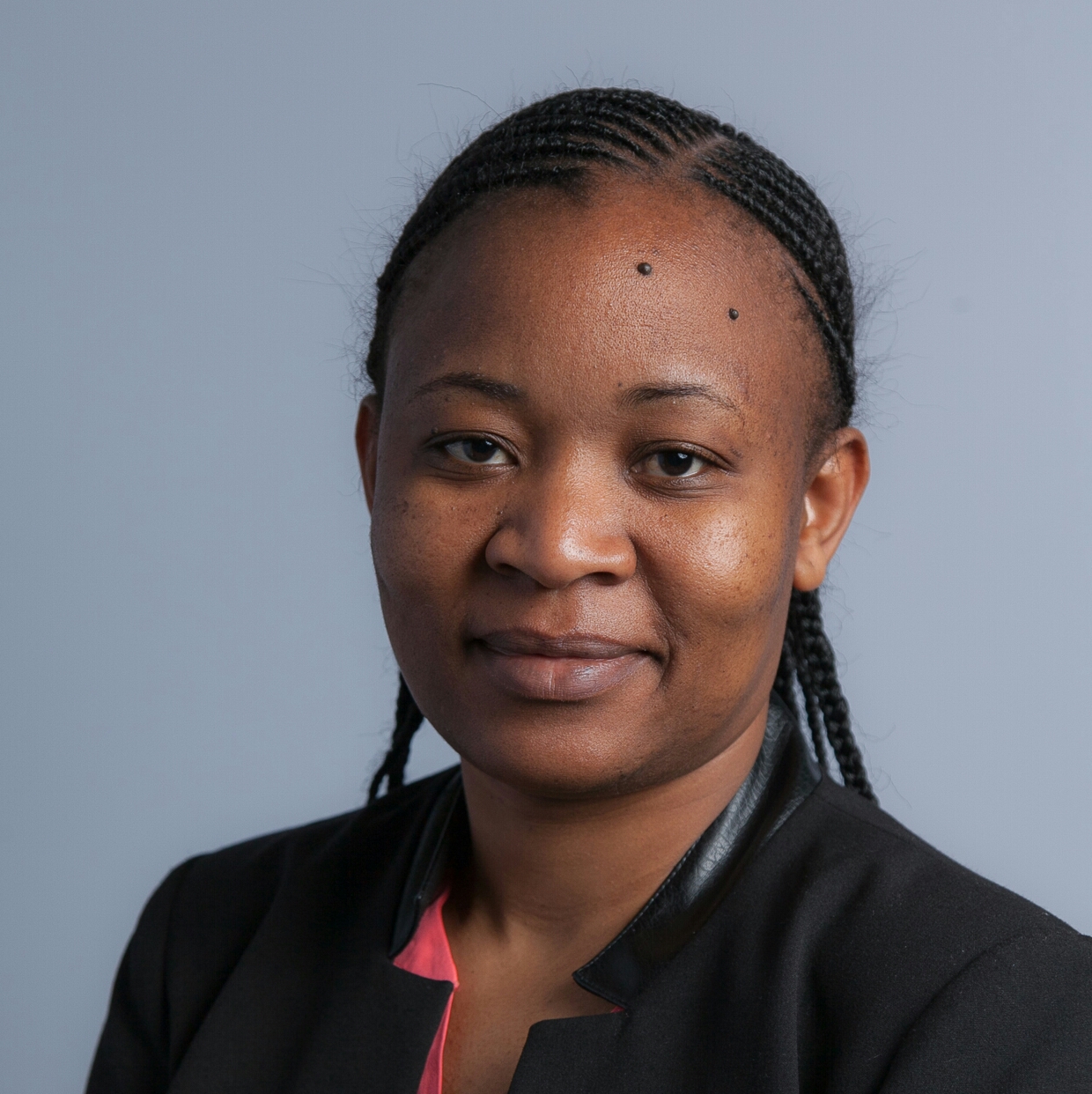SIGIR 2025 Low Resource Environments Track
Call for Presentation Proposals
Low-resource environments are characterised by limited access to resources, such as test collections for training or benchmarking Information Retrieval (IR) techniques, restricted access to research funding, or limited computing infrastructure. These environments can be found in low-income countries, and in underserved communities within middle- and high-income countries. Low-resource environments encompass the places, people, and platforms involved in accessing information. These environments present unique IR problems, requiring innovative solutions and new perspectives. However, the IR community, and SIGIR in particular, has seen limited work addressing these challenges, and limited participation by people working in low-resource environments.
The “Low Resource Environments” track aims to widen participation among researchers from low-resource environments, and to foster community building and collaboration opportunities. This track provides a platform for researchers and practitioners who are working in low resource environments, and for people elsewhere who are working on related issues, to share experiences, discuss challenges, explore solutions, and forge collaborations.
We invite IR researchers and practitioners to submit two-page presentation proposals focusing on information retrieval in low-resource environments. Proposals should clearly outline the intended presentation content for the track. Any format is welcome, including the usual ACM sigconf template. Submissions may include references and will not count towards the two pages. Submissions should not be anonymized. Upon acceptance, we will provide detailed guidelines for formatting the two-page abstracts for inclusion in the proceedings. We particularly encourage submissions from researchers based in low- and middle-income countries. Proposals may include:
- New IR problems or solutions for low-resource environments
- Work-in-progress that could be further developed for later publication at SIGIR
- Insights from past IR projects in low-resource environments
Proposals will be peer reviewed by the track’s program committee. Authors of accepted proposals can choose to present their work either in-person or using live video conferencing, as the track will support both modes of participation. To make in-person participation possible, SIGIR is able to provide travel support (including transportation, accommodation, and conference registration) for a limited number of researchers or practitioners from low-income and lower-middle income countries. The SIGIR proceedings will include two-page abstracts for accepted presentations.
Topics of Interest
We invite presentations that share insights from past projects or propose new positions, problems, methods, tools, techniques, or experiments addressing IR challenges in low-resource environments. Topics of interest include, but are not limited to:
- IR systems and applications: Exploration or evaluation of new IR applications for low-resource environments. For example, low-cost tools for low-income, underserved communities or rural populations.
- IR for sustainable development: Systems or technologies aligned with UNESCO's Sustainable Development Goals.
- Societal impact of IR systems: Studies on the societal implications and ethical concerns involving IR platforms and algorithms in low resource environments including issues of equitable information access.
- Building IR research networks: Initiatives and frameworks for establishing collaborations and communities to address low-resource environments.
- IR Dataset creation: Development and evaluation of new datasets for low-resource languages and other low-resource environments.
- Search and ranking: Research on retrieval models and ranking techniques for low-resource languages and other low-resource environments.
- Efficiency and scalability: Studies of search systems that focus on efficiency and scalability in resource-constrained environments.
- Cross-cutting research involving IR: Research bridging gaps between IR and related fields such as natural language processing, speech processing, image processing or video processing for low-resource languages and other low-resource environments.
- Evaluation: Innovative methods for assessing IR systems in low-resource environments.
Important Dates
- 3 March 2025: Presentation proposals due
- 4 April 2025: Notification of acceptance
- 13-18 July 2025: SIGIR Conference in Padua, Italy
All deadlines are at 11:59 pm AoE (Anywhere on Earth) on the date indicated
Submission Instructions
Submissions must be written in English and submitted online using the EasyChair system:
https://easychair.org/conferences/?conf=sigir2025
by selecting the “SIGIR 2025 Low Resource Environments” track.
Child Care Service
SIGIR 2025 promotes inclusion and attendance also by organizing a child care service, in order to foster work-family balance by offering congress attendees the opportunity to attend events with their children.
Children from 0 to 12 years of age are welcomed in a specially set up room inside Padua Congress Center throughout the duration of the congress. A colorful, “warm”, safe and welcoming environment, in the same structure that hosts the congresses, a protected place where parents can leave their children, but at the same time stay in touch with them during the breaks of the different sessions.
The nursery space dedicated to the 0-3 age group, equipped with a changing table and other facilities dedicated to the little ones, is next to the kids’ area for children over 3 years old and a cinema room for screenings.
The activities are run by a company specialized in education services with expert staff, appointed by Padua Congress Center, and include thematic workshops - from painting to creative activities - as well as playtime also in the open air, in the facility's outdoor spaces. Children are also offered lunch.
The service is available - for a fee (depending on sponsors) - to all SIGIR 2025 attendees who request it. For more information and updates, check out the SIGIR 2025 Child Care page.
Track Chairs
sigir2025-lowresenv@dei.unipd.it-

Catherine Chavula, University of Strathclyde, UK
-

Charles Clarke, University of Waterloo, Canada
-

Douglas W. Oard, University of Maryland, USA
Program Committee
- Yaregal Assabie, Addis Ababa University, Ethiopia
- Priyank Chandra, University of Toronto, Canada
- Monojit Choudhury, Mohamed Bin Zayed University of AI, UAE
- Tina Du, Charles Sturt University, Australia
- Tamer Elsayed, Qatar University, Qatar
- Krippabandhu Ghosh, IISER Kolkata, India
- Josiane Mothe, University of Toulouse, France
- Leighton Phiri, University of Zambia, Zambia
- Rodrygo Santos, Federal University of Minas Gerais, Brazil
- Hussein Suleman, University of Cape Town, South Africa
- Joseph Telemala, Sokoine University of Agriculture, Tanzania
- Edwin Thuma, University of Botswana, Botswana
- Florence Tushabe, Soroti University, Uganda
- Xinyu Zhang, University of Waterloo, Canada